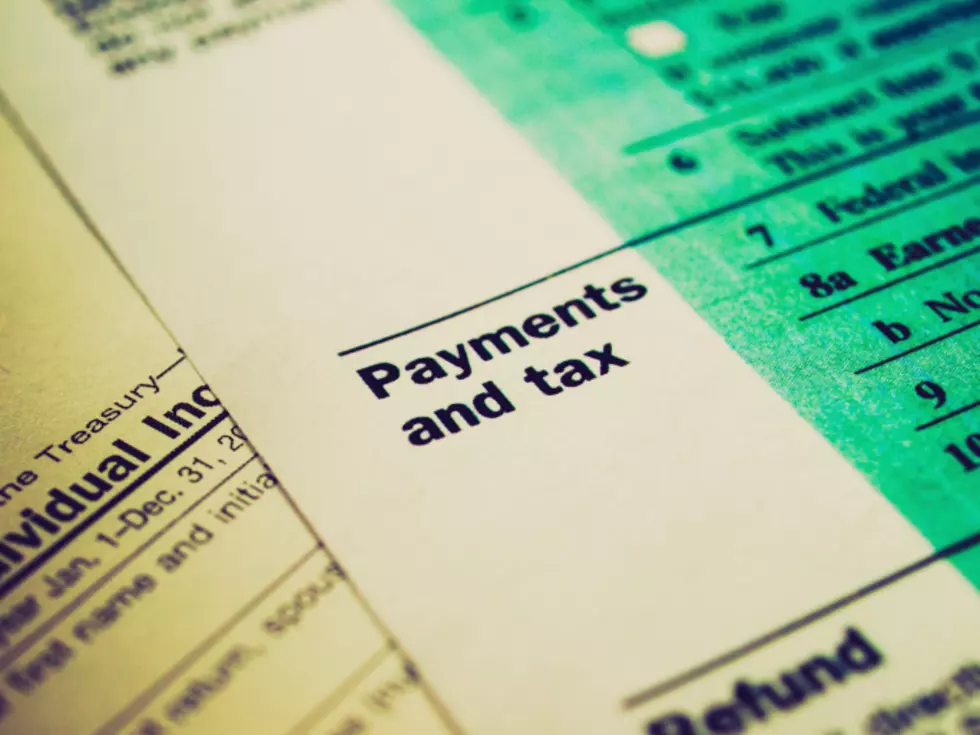
How to plan ahead for medical expenses
Q. I have a high deductible health insurance plan from my employer. I can also use a Health Savings Account. How can I decide if it’s worth using the Health Savings Account or instead pay out of pocket so I can deduct the costs on my taxes?
— Trying to save
A. It seems more and more employers are sticking us with high deductible health insurance, so a Health Savings Account, or HSA, can be a helpful tool to manage expenses.
The answer to your question depends on the specifics of your tax situation and how much money you’ll pay in medical expenses this year, and in future years.
Before you can decide, you need to determine your income levels for both federal and New Jersey tax purposes, said Gerard Papetti, a certified financial planner and certified public accountant with U.S. Financial Services in Fairfield.
The key is whether or not you’ll be able to deduct out-of-pocket medical expenses on your tax return. That will be based on whether or not you have sufficient other itemized deductions such as mortgage interest, charitable contributions, and other miscellaneous deductions that exceed the standard deduction, Papetti said.
For 2015, the standard deduction for those married filing jointly is $12,600, and it’s $6,300 for single taxpayers, he said.
If your itemized deductions exceed those levels, you’ve passed the first test.
Papetti said on your federal tax return, you can deduct qualified medical expenses that exceed 10 percent of your adjusted gross income, or 7.5 percent if you or your spouse is age 65 or over. Your adjusted gross income (AGI) is your taxable income minus any adjustments to income such as contributions to a traditional IRA, alimony and student loan interest.
New Jersey has a lower bar. You can deduct medical expenses in excess of 2 percent of your gross income, Papetti said. Gross income is the sum total of all taxable income prior to any deductions.
“In general, medical expenses allowed for federal income tax purposes are also allowed for New Jersey purposes,” Papetti said. “Only medical expenses for yourself, your spouse/civil union partner or domestic partner, and your dependents qualify.”
To give you a more specific example, someone with an AGI of $75,000 would need to have out-of-pocket medical expenses that exceed $7,500 — 10 percent of AGI — before receiving any tax benefit, Papetti said.
The New Jersey threshold for the medical expense deduction is much lower, but the tax rate for the state is usually much lower than a taxpayer’s marginal federal tax rate, he said.
“In general, you receive the greatest tax benefit paying out-of-pocket medical expenses from your HSA,” Papetti said.
Even if you have enough medical expenses to potentially take the deduction, be sure that you’re not going to get stuck in the dreaded Alternative Minimum Tax (AMT) trap, said Howard Hook, a certified financial planner and certified public accountant with EKS Associates in Princeton.
If you’re in AMT, it’s a moot point, Hook said, because then your medical deduction would be reduced or eliminated entirely.
If you can’t take the deduction, you still have a choice to make, Hook said. You can decide to take a withdrawal now to reimburse yourself for the out-of-pocket expenses, or leave the money in the HSA account to let it grow.
“Whether this makes sense or not is dependent upon how many years from now you may need or want to withdraw funds from the HSA account for non-medical reasons, how the account is invested, and your current and future tax bracket,” Hook said. “Oh — and whether or not tax law changes between now and then.”
Hook said if you’re able to pay out-of-pocket, then the funds in the HSA to continue to grow to be used for medical expenses in the future when you may not be able to take a deduction. Or, the funds can be used for non-medical expenses, though they would be subject to tax and a 20 percent additional penalty tax if you’re under 65 and not disabled.
You might want to speak to your tax preparer about the options.
Email your questions to Ask@NJMoneyHelp
Karin Price Mueller writes the Bamboozled column for The Star-Ledger and she’s the founder of NJMoneyHelp.com. Click here to sign up for the NJMoneyHelp.com weekly e-newsletter. Like NJMoneyHelp.com on Facebook and follow it on Twitter.
More From New Jersey 101.5 FM









